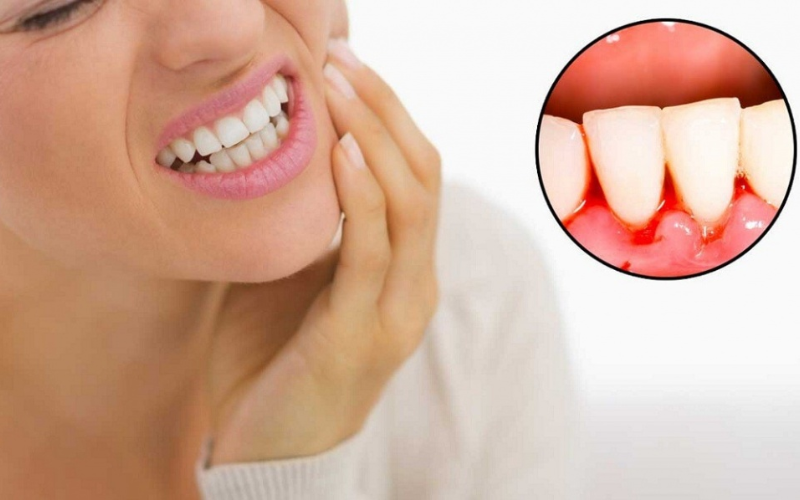
By Inspired Smiles Dental
Gum disease, or periodontal disease, is often linked to poor oral hygiene, smoking, or diet. But did you know your genes could also play a role? While lifestyle choices greatly impact gum health, research suggests that some people may be genetically predisposed to gum disease.
If you’ve noticed that this disease runs in your family, you might be wondering: Am I at risk? In this blog, we’ll break down the genetic connection, how it affects your oral health, and what you can do to protect your gums—regardless of your DNA!
The Genetics of Gum Disease: Is It Inherited?
Research suggests that 30% to 50% of the population may have a genetic predisposition to gum disease. If your parents or siblings have had periodontitis, you might be at a higher risk due to inherited factors such as:
- Immune System Response – Some people inherit a weaker immune response, making it harder to fight off gum infections.
- Inflammatory Genes – Specific genes can cause an exaggerated inflammatory reaction, leading to more severe periodontal disease.
- Saliva Composition – Certain genetic traits affect saliva production and enzyme levels, influencing bacterial growth in the mouth.
A study published in the Journal of Clinical Periodontology found that individuals with a family history of gum disease are up to six times more likely to develop it compared to those without genetic ties. This makes early prevention and gum disease treatment essential for those with a genetic predisposition to protect their oral health.
Signs That You May Be at Higher Risk
If gum disease runs in your family, be on the lookout for these early warning signs:
- Red, swollen gums.
- Bleeding gums while brushing or flossing.
- Persistent bad breath.
- Gum recession (pulling away from the teeth).
- Loose teeth or changes in your bite.
Can You Prevent Gum Disease If It’s In Your Genes?
Even if you’re genetically prone to this, you’re not destined to develop it. Here’s how you can fight back:
Maintain an Impeccable Oral Hygiene Routine
- Brushing with fluoride toothpaste everyday.
- Floss daily to remove plaque between teeth.
- Use an antimicrobial mouthwash to reduce bacteria.
Schedule Regular Dental Checkups
- Visit our dentist every 6 months for professional cleanings.
- Get an early diagnosis if you show signs of gum inflammation.
Quit Smoking and Limit Alcohol
Smoking and excessive alcohol use can double your risk of this disease by making your immune system weak.
Eat a Gum-Healthy Diet
Fuel your body with:
Vitamin C-rich foods (oranges, bell peppers) to strengthen gums.
Omega-3 fatty acids (salmon, walnuts) to reduce inflammation.
Calcium and vitamin D (milk, cheese) to support bone health.
Consider Genetic Testing
If gum disease runs in your family, genetic testing can help assess your risk and guide preventive care strategies.
Final Thoughts: Take Control of Your Gum Health
While genetics can increase your risk, gum disease isn’t inevitable. With proper oral care, healthy habits, and regular dental visits, you can keep your gums strong—regardless of your genetic makeup.
Is gum disease in your genes? Don’t wait for symptoms to appear. Take charge of your oral health by booking a consultation with our trusted dentist today!
